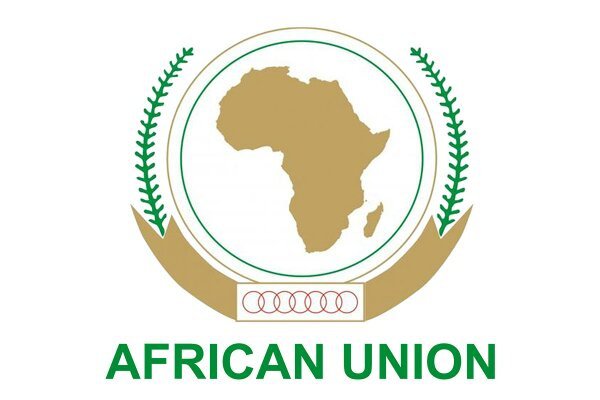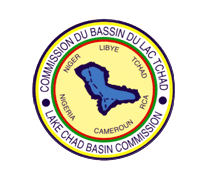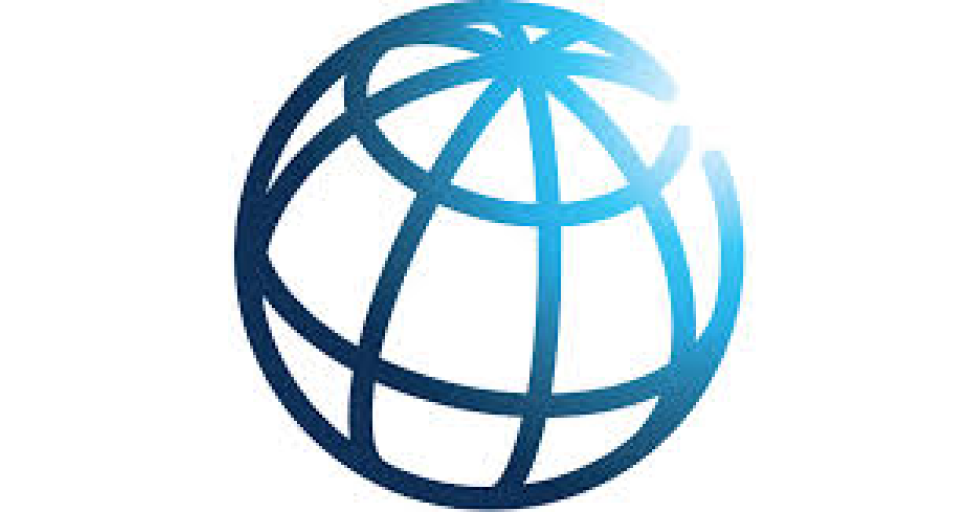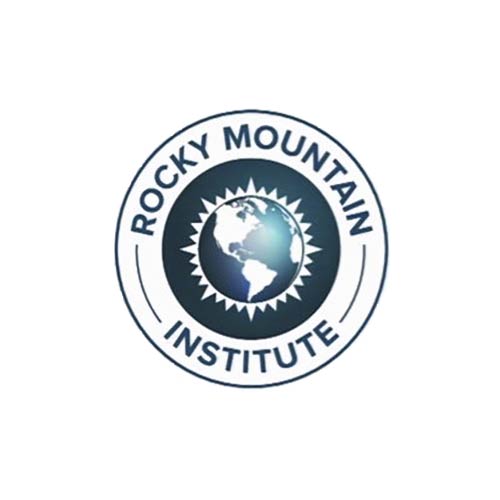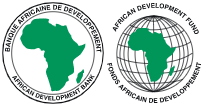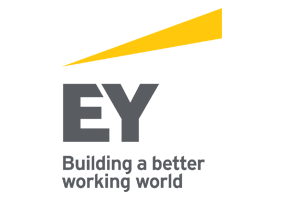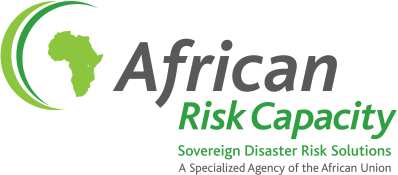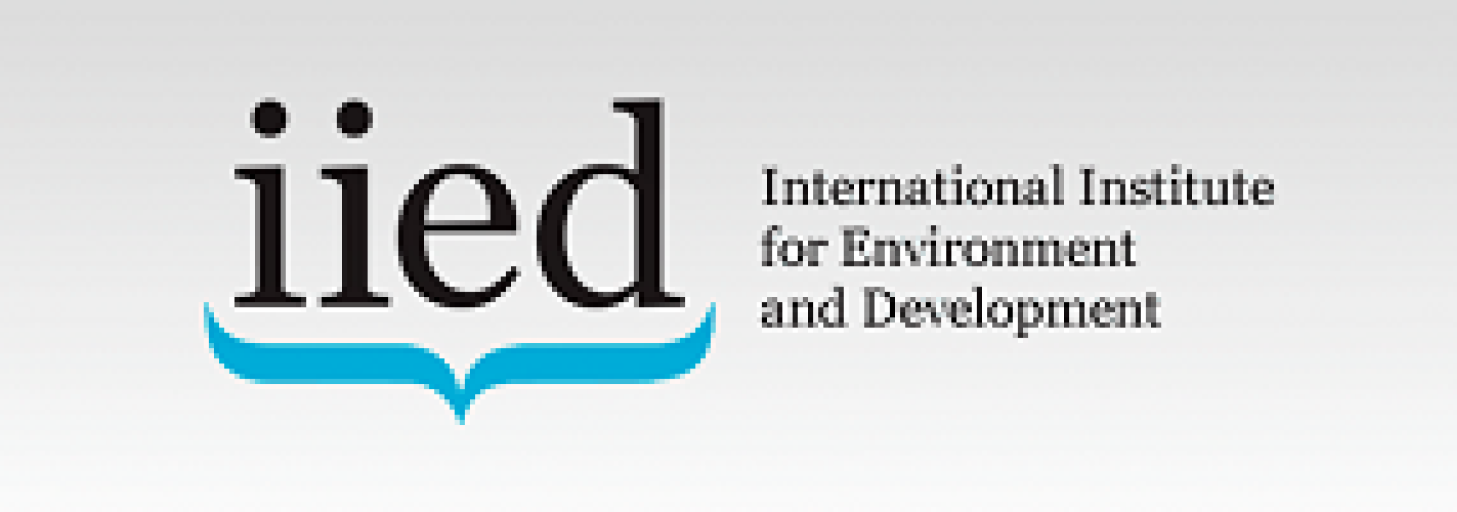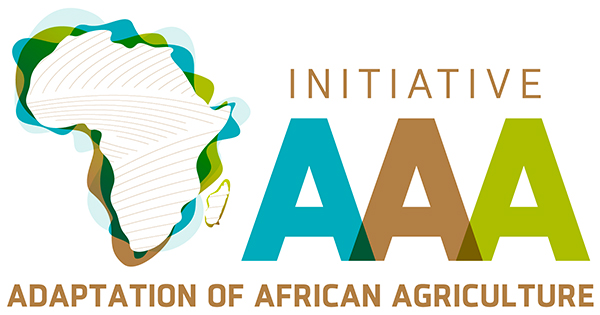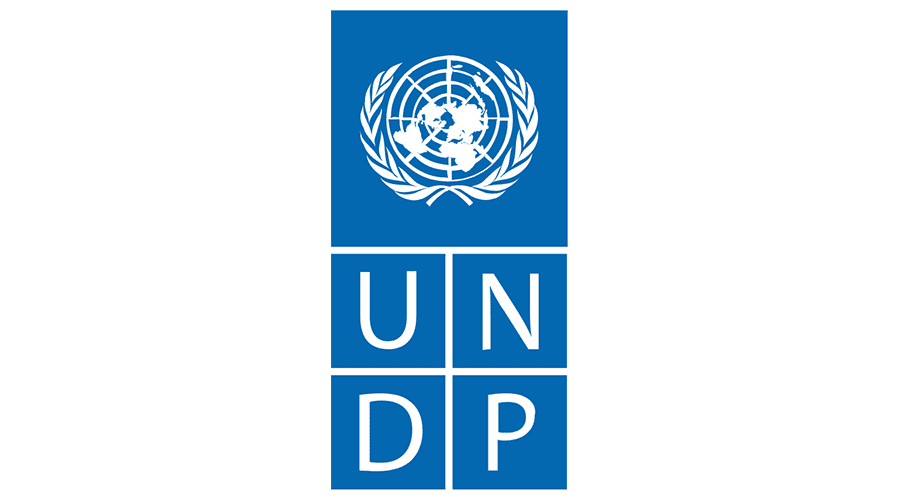WELCOME
AFRICA
ADAPTATION
INITIATIVE
Climate adaptation for Africa, by Africa
A PROPOS

ACCESS THE SOAR BELOW
Thank you!
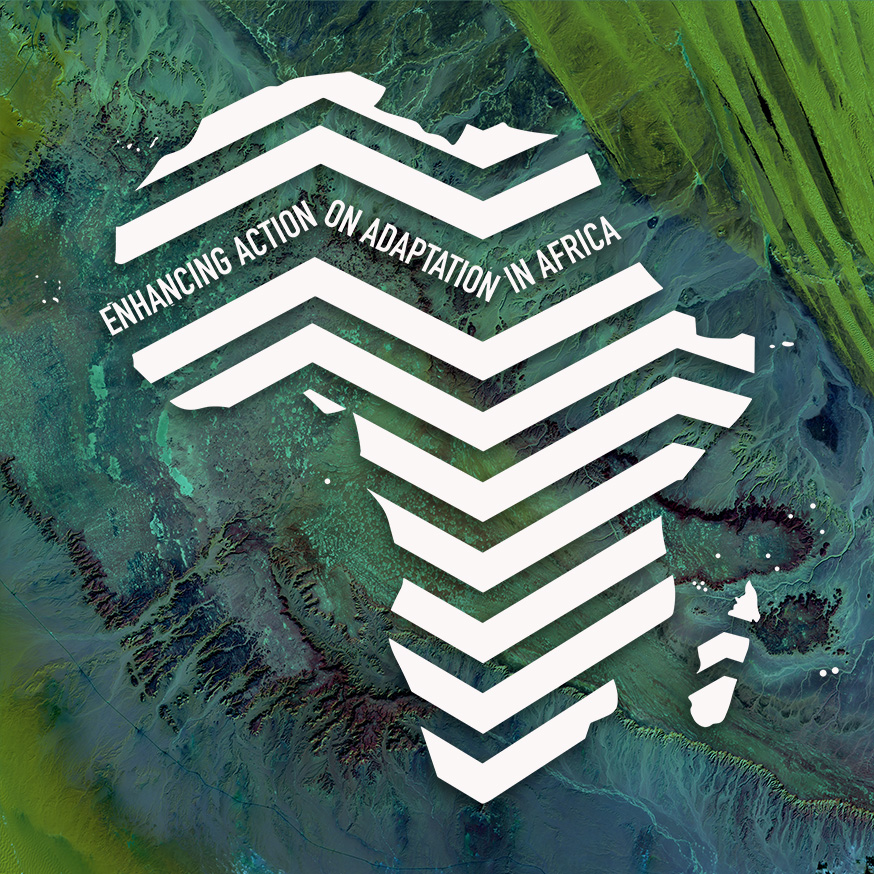
THE CHALLENGE
Across Africa, the devastating impacts of climate change are increasing, from floods and droughts to food and water insecurity. Loss and damage caused by our climate crisis threatens the continent’s economic growth- by 2050, Africa’s adaptation costs could soar. Yet climate adaptation is slowing, and there is a huge adaptation finance gap.
THE MISSION
The Africa Adaptation Initiative (AAI) seeks to accelerate Africa’s adaptation to climate change by strengthening collaboration through high-level, pan-African and regional dialogue, large-scale climate adaptation action, and addressing the adaptation finance gap.

APIA THE ADAPTATION PROJECT INCUBATOR FOR AFRICA WAS SUCCESSFULLY LAUNCHED IN RABAT
Showcasing the incredible expertise and passion driving climate adaptation efforts in Africa.
We are thrilled to share the success of the 3-day forum launching the Adaptation Project Incubator for Africa. This event was a triumph on multiple levels, showcasing the incredible expertise and passion driving climate adaptation efforts in Africa. The event gave the participants ti dive into crucial topics, including:
The current state of adaptation financing in Africa, Challenges and opportunities of climate change adaptation, Unique NGO experiences in aiding local communities, The importance of integrating climate science in project formulation,The complexities countries face in mobilizing financial resources.
OUR PARTNERS
